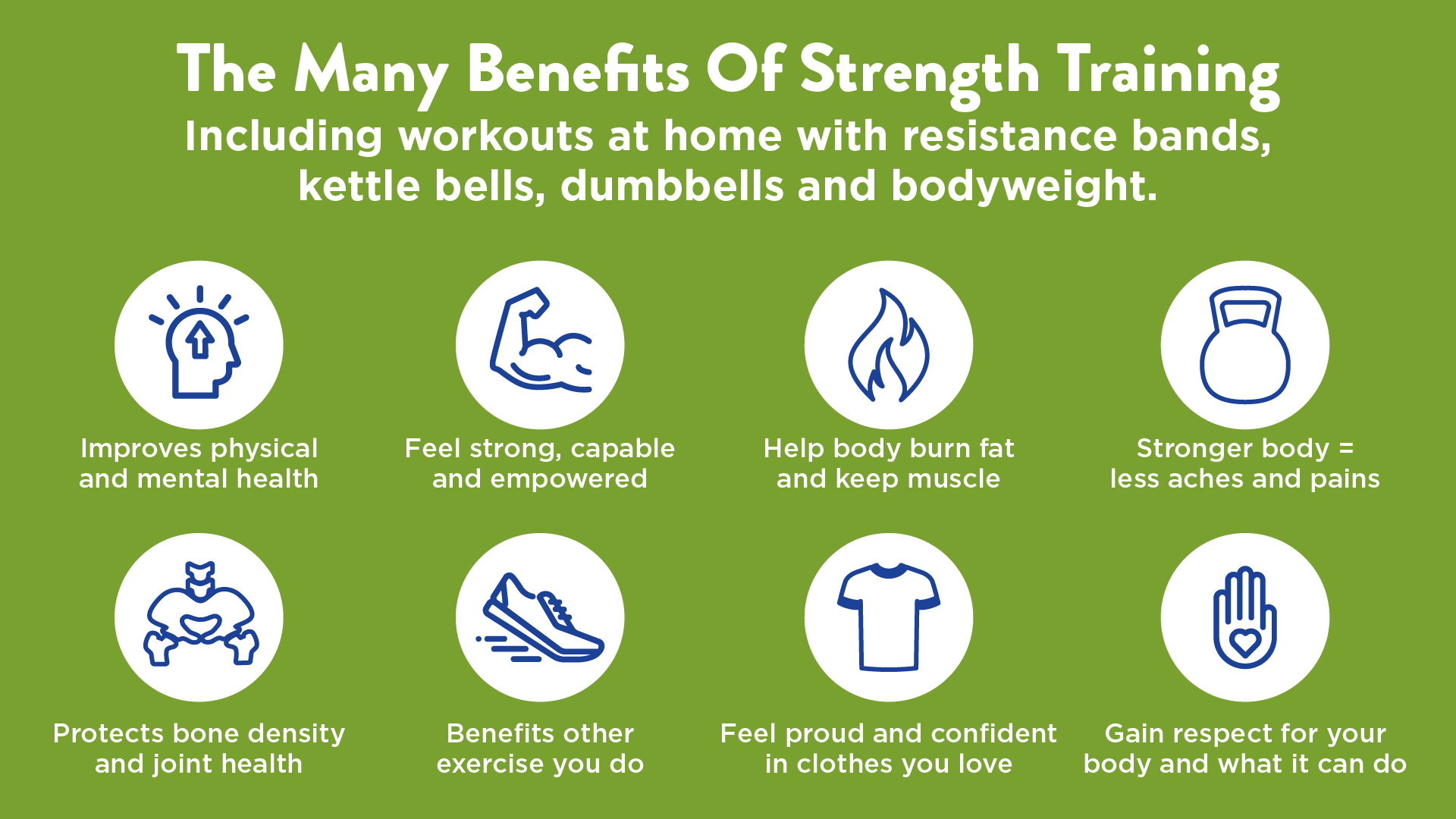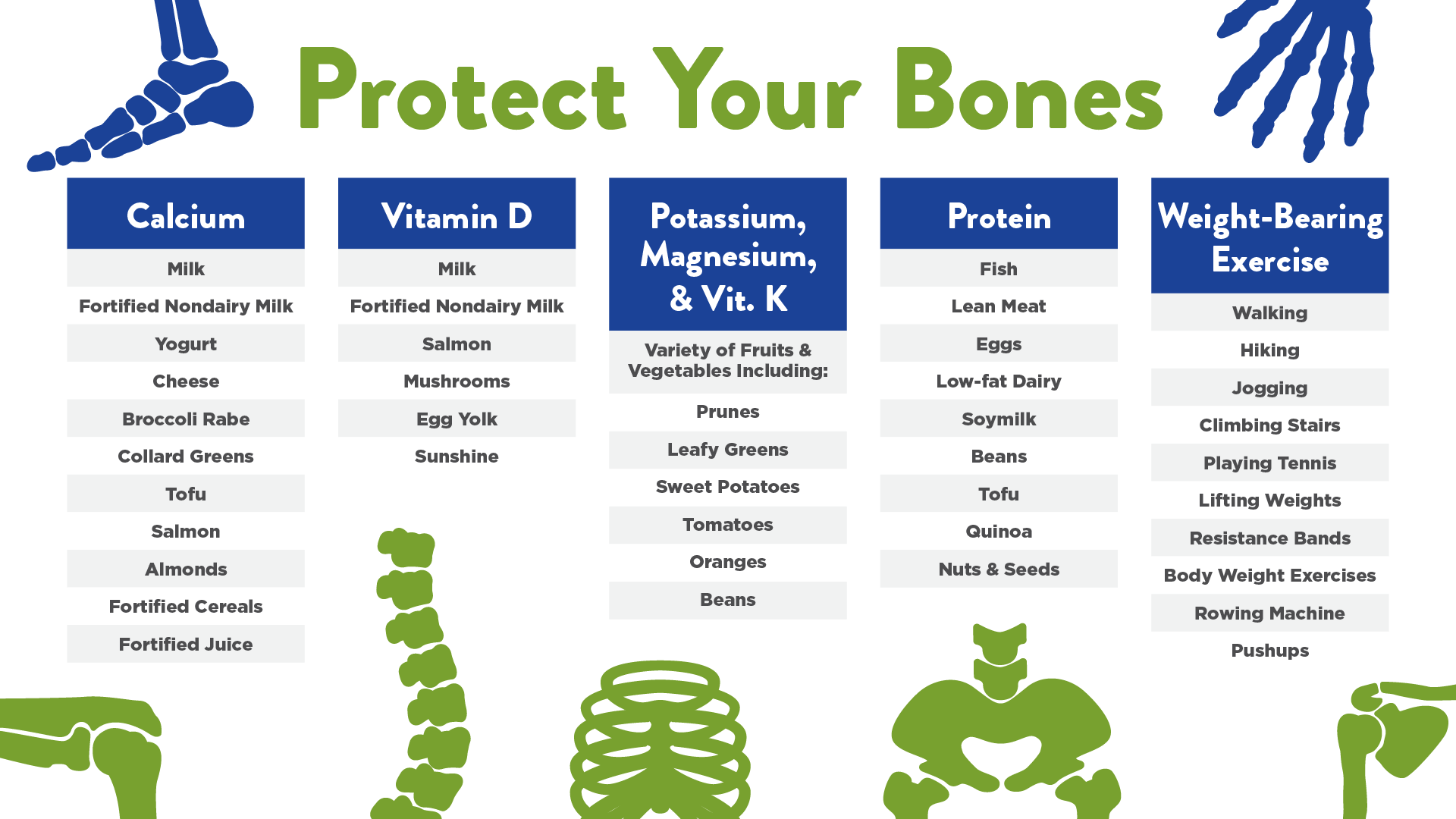Take up your sword, because being fit after age 40 feels like an uphill battle for most women. But good news: it’s a battle you can win!
It’s all about realizing it is a battle, engaging in the fight, and being proactive. In other words, put on the full armor of God to win the spiritual battles and put on the full armor of healthy habits to win the mid-life battle of the bulge!

Between ages 40-50 many women experience unwanted weight gain—perhaps for the first time in life. A common comment is, “I didn’t change a thing and all of a sudden I’ve gained 10 pounds!” Why? There are several changes taking place usually during this season of life. Let’s explore two possibilities at play:
1. Hormonal Changes. With age, reproductive hormone levels start to drop significantly. This natural, God-ordained (try to remember at this moment that His ways are always higher than our ways!) passage into menopause begins. Perimenopause usually starts in a woman’s mid-forties and menopause occurs at about age 51, on average. Unfortunately, metabolic rate also slows as hormone levels change. With less estrogen, the body metabolizes fat differently and stores fat more readily as subcutaneous visceral fat around the waist circumference. Furthermore, an increase in abdominal fat also directly increases the risk for Type 2 Diabetes and heart disease.
Ok, ok, enough bad news. How can we prevent this extra weight gain? Be proactive. In order to counteract the metabolic slowdown associated with the hormone shift and natural aging processes, you have to put on your armor and go to battle—in the gym! Make it your mission to build muscle mass during this season of life. Muscles burn calories even when you are at rest, so the more muscle mass you have, the more calories you burn per day.
How do you build muscle? Katie Kolb, certified athletic trainer and health coach, gives this advice, “Some of us have an image of football players playing rock music throwing around heavy weights when we think of strength training. And while that image isn’t necessarily incorrect, strength training can also be sitting down slowly on the edge of a kitchen chair and then getting up again without rocking and pushing with your arms.
“There are about as many variations as there are people. Any movement you do that is more difficult than your day-to-day and that you can only do 5-15 times before being “out of juice” will tax your muscles and cause them to become stronger over time.” Full body strength training exercises should be done at least twice per week.
2. Lifestyle Changes. This mid-life season can also be accompanied by a more sedentary lifestyle, which means fewer calories burned per day and precious muscle loss. Think back over the past decades, from your 20s to your 30s to your 40s… did your lifestyle become more or less active? Are you still playing sports, going to the gym, pushing a baby stroller, chasing small children, or working an active job? Or are you driving in the car more, adding hours of screen time (TV, computer, phone use), or enjoying more sedentary hobbies?
If you gradually burn fewer and fewer calories per day but still eat the same amount as you always did, then weight gain is sure to follow. It is natural for lifestyles to change over the years, but now is the time to add more daily movement back into your routine. What healthy habits can you add that will increase the calories you burn in a day?
Put on Your Nutrition Armor
Nutritionally, we can fight back! Some key nutrition changes for women to make during mid-life are:
- Keep a food log. Tracking your food allows you to become acutely aware of what, when, and how much you are eating each day. If you are gaining weight, it helps you to see where you can cut back or make better quality food choices. You may need to shave off about 200 calories from your normal intake.
- Eat a nutrient-dense diet. While total calorie needs may decrease slightly as you age, your nutritional needs do not decrease. Therefore, you need every bite you eat to count nutritionally. Focus on eating plenty of vegetables, fruits, beans, unprocessed whole grains, nuts and seeds, low-fat dairy, and lean proteins. Limit saturated fats, added sugars, ultra-processed foods, sodium, and alcohol.
- Protect your bones. Bone loss accompanies menopause as well, so calcium and vitamin D needs to increase after age 50 for women. Boosting your calcium and vitamin D, along with adequate potassium, magnesium, vitamin K and protein intake, and additional weight-bearing exercises will help to slow bone loss. Where can we get these key essentials?

Use nutrition and lifestyle changes to help manage menopausal symptoms.
- Hot flashes? To manage the discomfort of hot flashes avoid some common triggers: alcoholic drinks, caffeine, smoking, heat, spicy foods, stress, and tight clothing. Engaging in stress-relieving activities such as deep breathing, staying physically active, and keeping a prayer journal will help as well.
- Trouble sleeping? Try to keep a consistent sleep schedule, avoid caffeine after noon, exercise earlier in the day, keep the bedroom cool and dark, and do some relaxing activities before bed like a bath or shower, light stretching, Scripture reading, and praying.
- Are herbal supplements safe and effective? Even though they may be “natural,” herbal supplements may not be safe or evidence-based. Evidence of their benefits is inconclusive at this time.
The American College of Obstetricians and Gynecologists, in its 2015 clinical guidelines for managing menopausal symptoms, concluded that “data do not show that herbal dietary supplements like black cohosh are efficacious for the treatment of vasomotor symptoms. The fact is, few plant and herbal supplements have been studied for safety or effectiveness. Know that these drugs are not well regulated. Some can contain dangerous levels of estrogen, progesterone, or even testosterone. Over-the-counter supplements also can have an effect on other medications you are taking or other medical conditions you have.”1,2
For these reasons, talk with your OB/GYN before taking supplements to treat your menopausal symptoms.
That said, eating whole foods that are natural sources of phytoestrogen isoflavones, like soy milk, tofu, soybeans, flaxseed, green tea, broccoli, and wheat bran may help reduce hot flashes without the risk of possible side effects found in supplemental forms.
In addition, other phytoestrogens, such as polyphenols, flavonoids, and isoflavonoids, can be found in a wide variety of whole foods, including grapes, citrus fruits, leafy greens, onions, tomatoes, cocoa, apples, berries, and capsicum peppers.3 Go with whole foods rather than supplements to be on the safe side.

The Victory is Yours
The challenges that come your way during the mid-life season are battles you can absolutely win! Just be proactive and ramp up your healthy habits to respond equivalently to these changes as they come. Rest assured, these changes are natural and all part of God’s wonderfully complex design of the human body.
As the LORD says in Isaiah 55:9, “As the heavens are higher than the earth, so are My ways higher than your ways and My thoughts than your thoughts.” Continue to trust the Lord to guide and mature you during this season.
References:
- https://ods.od.nih.gov/factsheets/BlackCohosh-HealthProfessional/
- https://www.acog.org/womens-health/faqs/the-menopause-years
- https://www.todaysdietitian.com/newarchives/0316p18.shtml
- Academy of Nutrition and Dietetics, Complete Food and Nutrition Guide, 2017
- Bone Health & Osteoporosis Foundation






